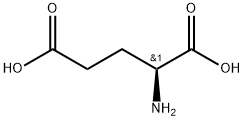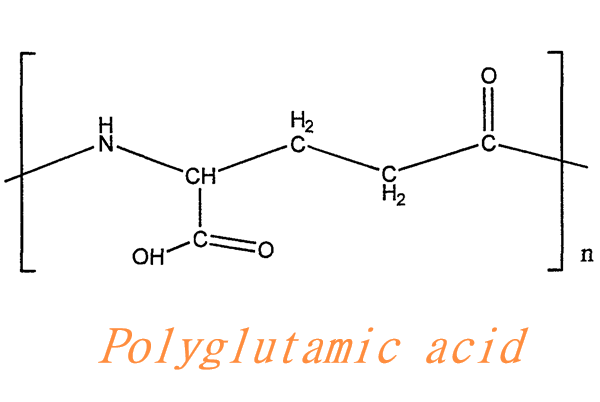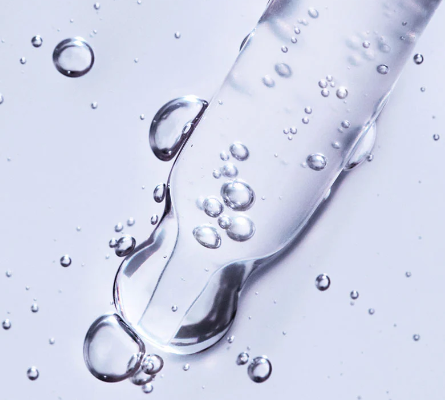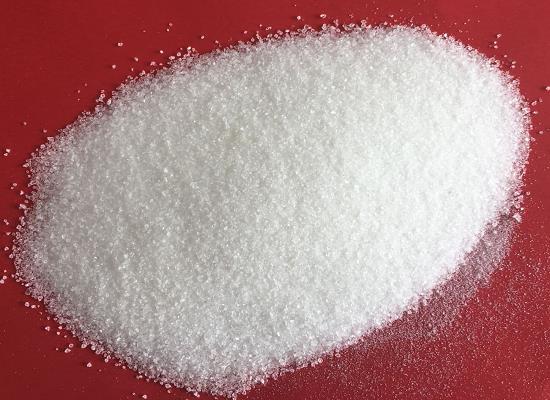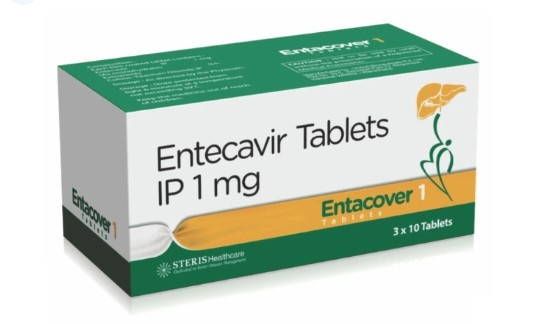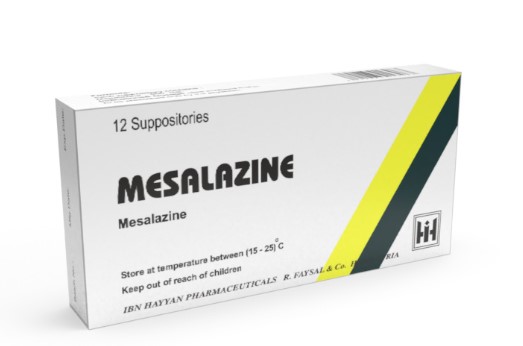The rising star of the beauty industry——Polyglutamic acid
Description
In the beauty industry, the uses and benefits of Hyaluronic acid are well known. However, Polyglutamic acid is a relatively new kid on the beauty industry block and is trending all over social media. This compound is a recent active ingredient on the market. These two acids are known for their moisturizing properties in skin and hair care.
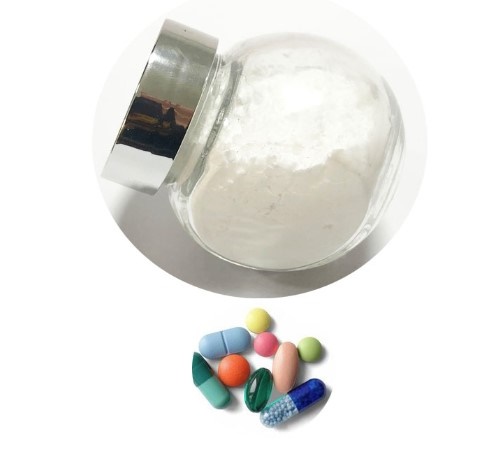
Polyglutamic acid and hyaluronic acid
Polyglutamic acid (PGA), or sodium polyglutamate, is a humectant and powerful hydrator that can attract moisture and seal it in. It is made up of a group of glutamic acid molecules, which are a type of amino acid. Polyglutamic acid is a natural high-molecular weight amino acid polymer (big molecule from repeated subunits) that is claimed to have awesome, better than IT-moisturizer HA, skin hydrating properties. It is a film-forming polymer that improves both the moisture-binding and retention properties of the skin. Hyaluronic acid is a type of glycosaminoglycan, which is a long train of sugars that bind to water molecules. It's found naturally in our bodies, in our skin, joints, and eyes. Like polyglutamic acid, hyaluronic acid is a humectant that attracts and retains moisture, but due to hyaluronic acid's low molecular weight, it is known to penetrate the deeper layers of the skin.
Benefits
Polyglutamic acid is a moisturizing powerhouse. As mentioned, polyglutamic acid is a powerful humectant. It can hold up to 4000x its weight in water, attracting and maintaining moisture into the skin. It has a higher molecular weight (2,000kDa) compared to many other humectants, which means it's hydrating the skin on the surface, making it appear plumper and smoother. Polyglutamic acid could reduce signs of aging. Fine lines and wrinkles become more pronounced if the skin is dehydrated. By attracting high levels of moisture to the skin and sealing it in, it can visibly plump and therefore reduce the appearance of fine lines and wrinkles. Polyglutamic acid could promote the production of natural hydrating factors. On top of its own moisturizing capabilities, it also increases the skin's production of natural moisturizing factors. Polyglumatic can inhibit the enzyme that breaks down hyaluronic acid. This protects the performance of the skin's own natural hyaluronic acid, as well as the hyaluronic acid that's applied topically.
Pharmaceutical industry
Since mainstream anti-cancer drugs in current formulations are not suitable as oral chemotherapeutic formulations. The use of biopolymers such as chitosan, gelatin, hyaluronic acid, and polyglutamic acid, for the synthesis of oral delivery platforms, has the potential to help overcome problems associated with oral delivery of chemotherapeutics[1]. Biopolymers have favorable stimuli-responsive properties and thus can be used to improve oral bioavailability of anti-cancer drugs. These biopolymeric formulations can protect gastric-sensitive drugs from pH degradation, target specific binding sites for targeted absorption, and consequently control drug release.
References
[1] Chivere V, et al. Nanotechnology-Based Biopolymeric Oral Delivery Platforms for Advanced Cancer Treatment. Cancers, 2020; 12: 522.
You may like
Related articles And Qustion
See also
Lastest Price from Polyglutamic acid manufacturers
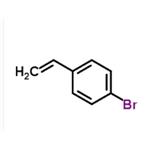
US $2.00-5.00/kg2025-06-26
- CAS:
- 25513-46-6
- Min. Order:
- 1kg
- Purity:
- 99%
- Supply Ability:
- 100kg

US $10.00/kg2025-04-21
- CAS:
- 25513-46-6
- Min. Order:
- 1kg
- Purity:
- 99.5%
- Supply Ability:
- 100 TON
